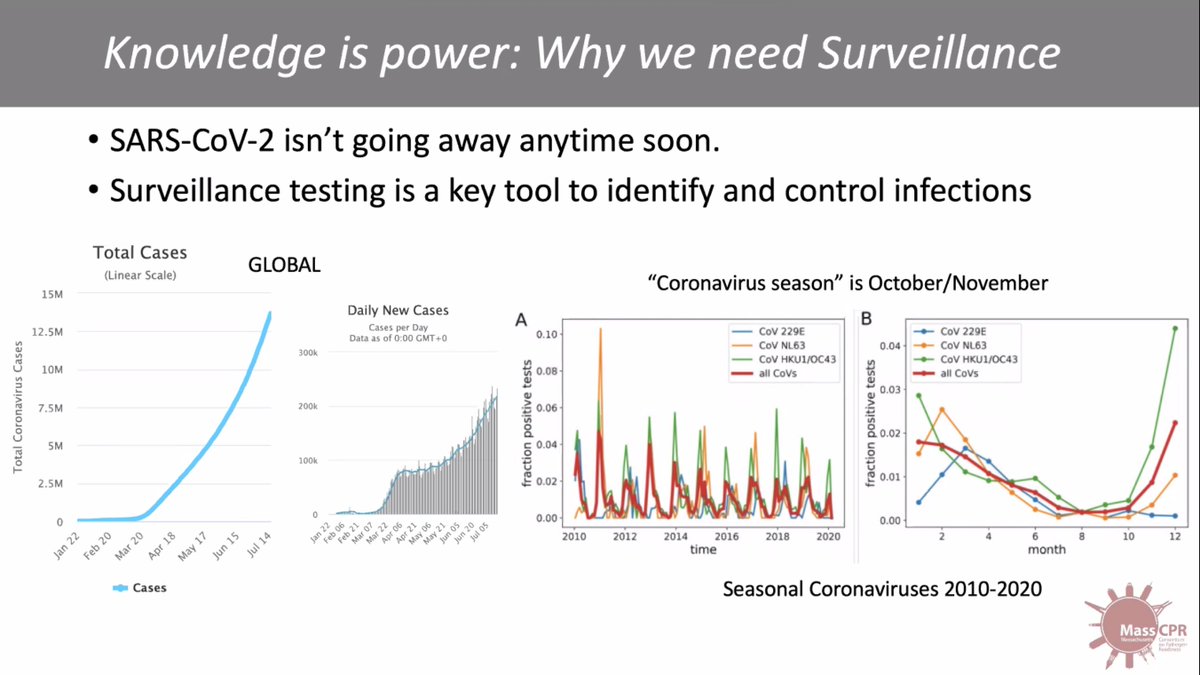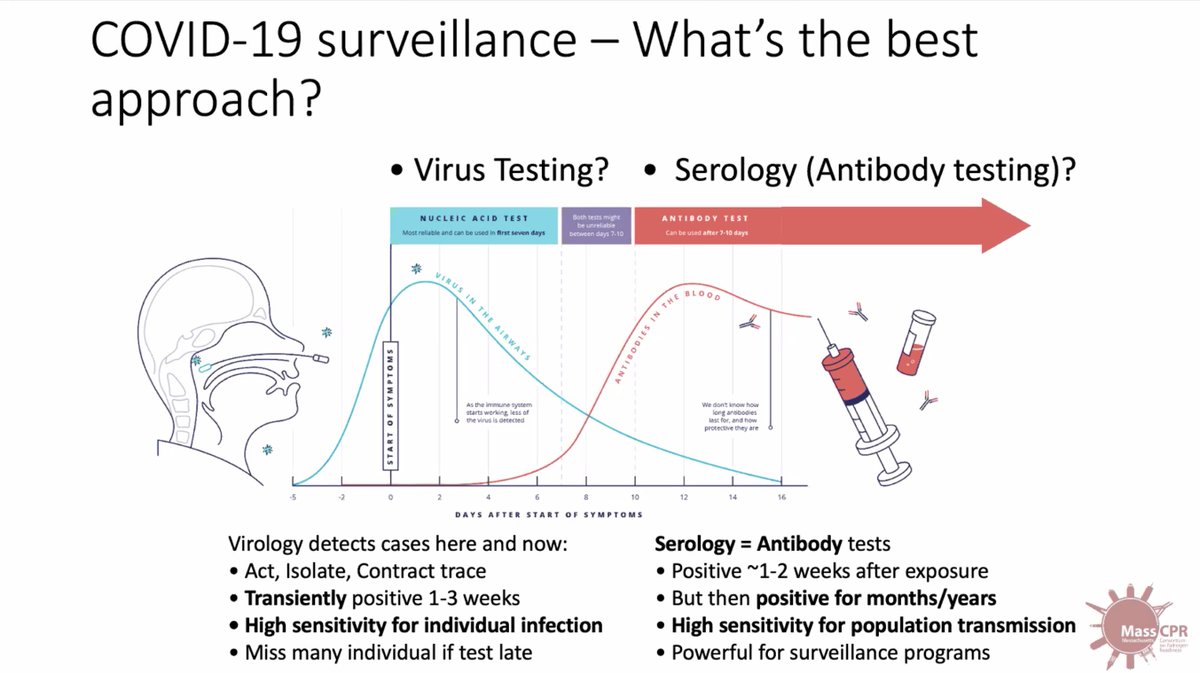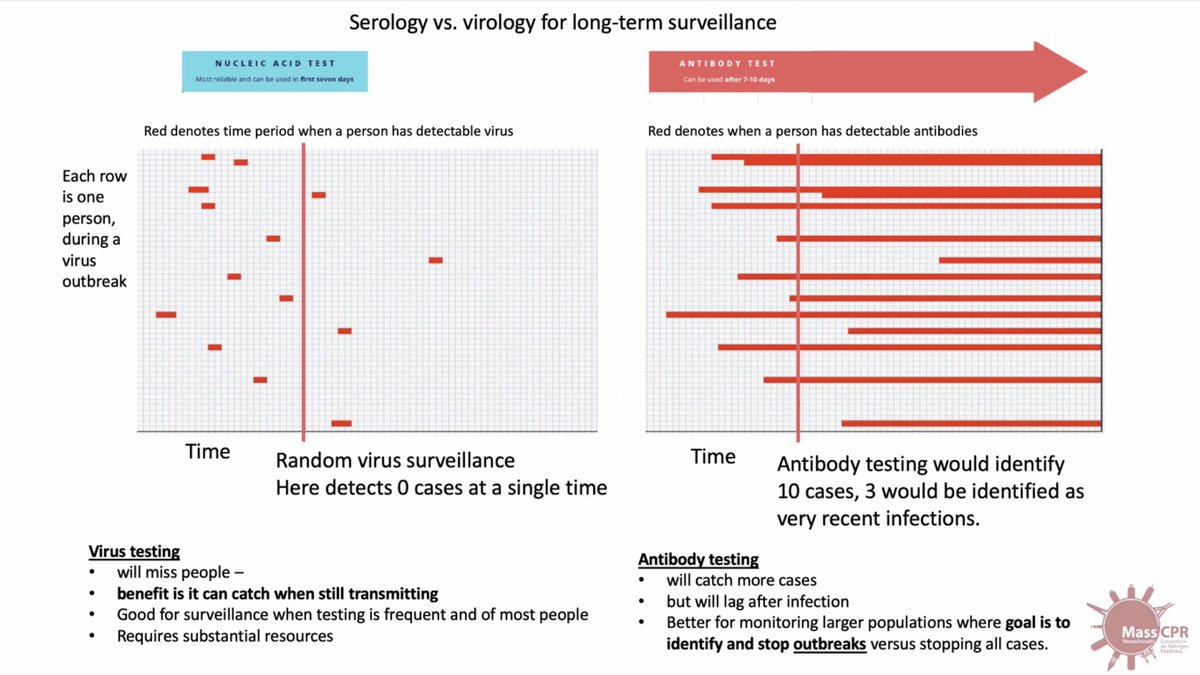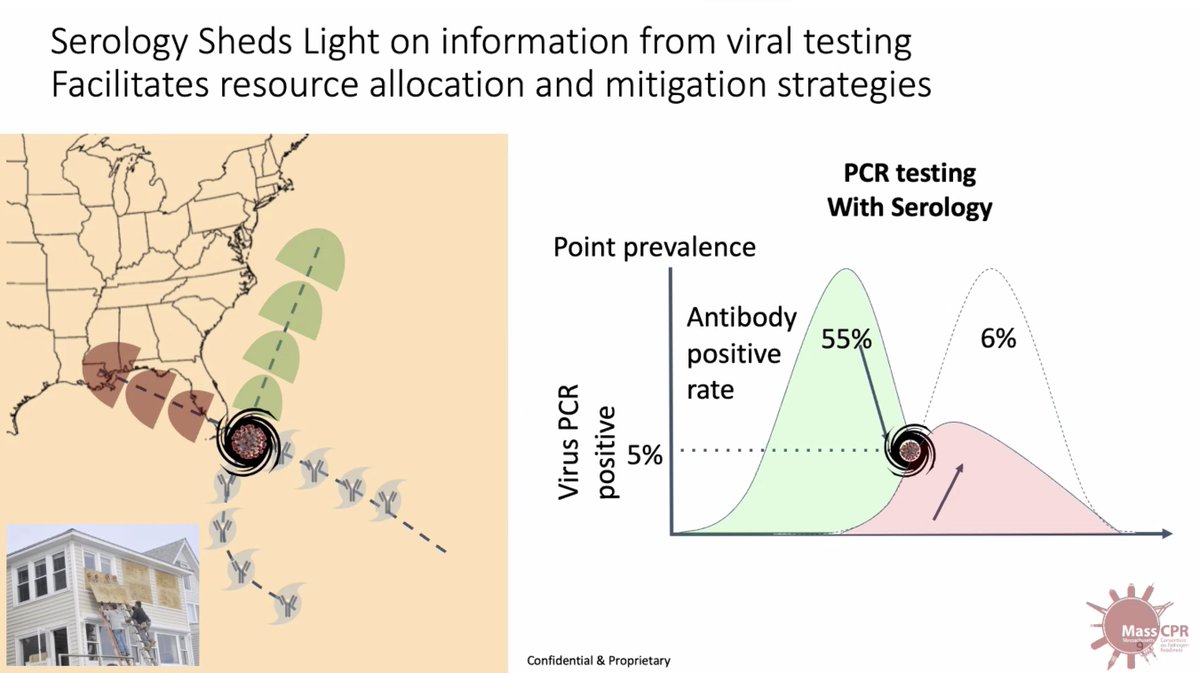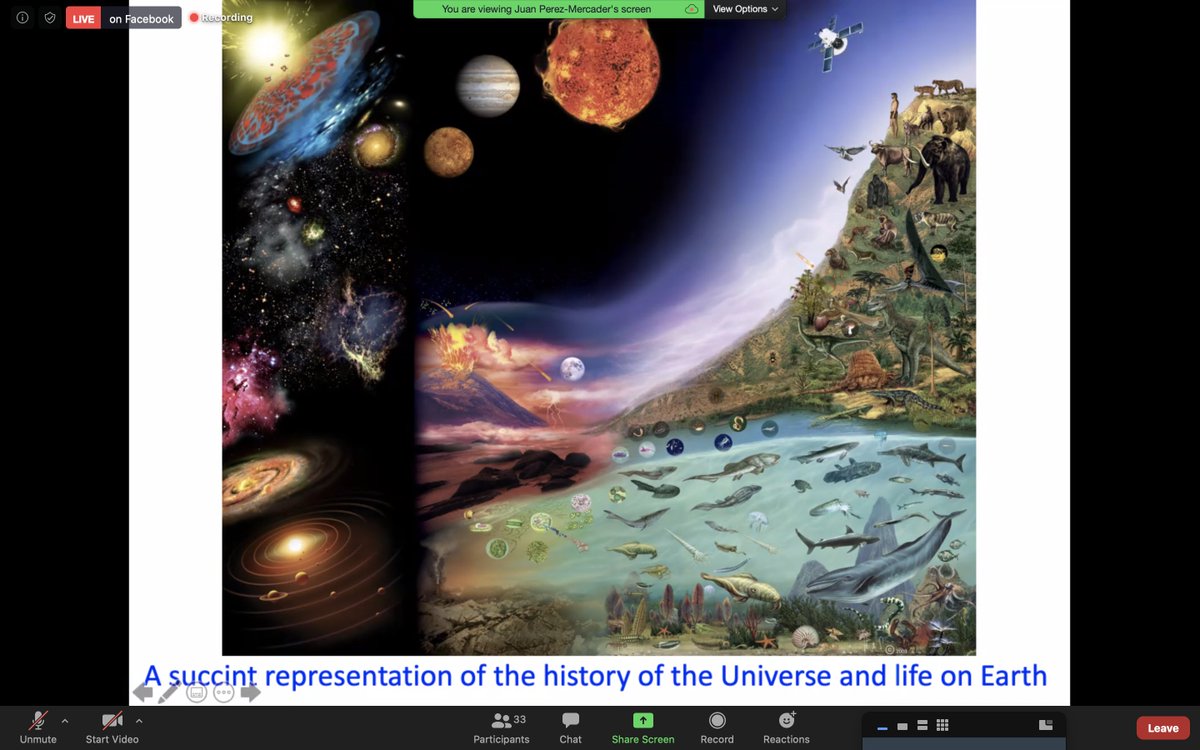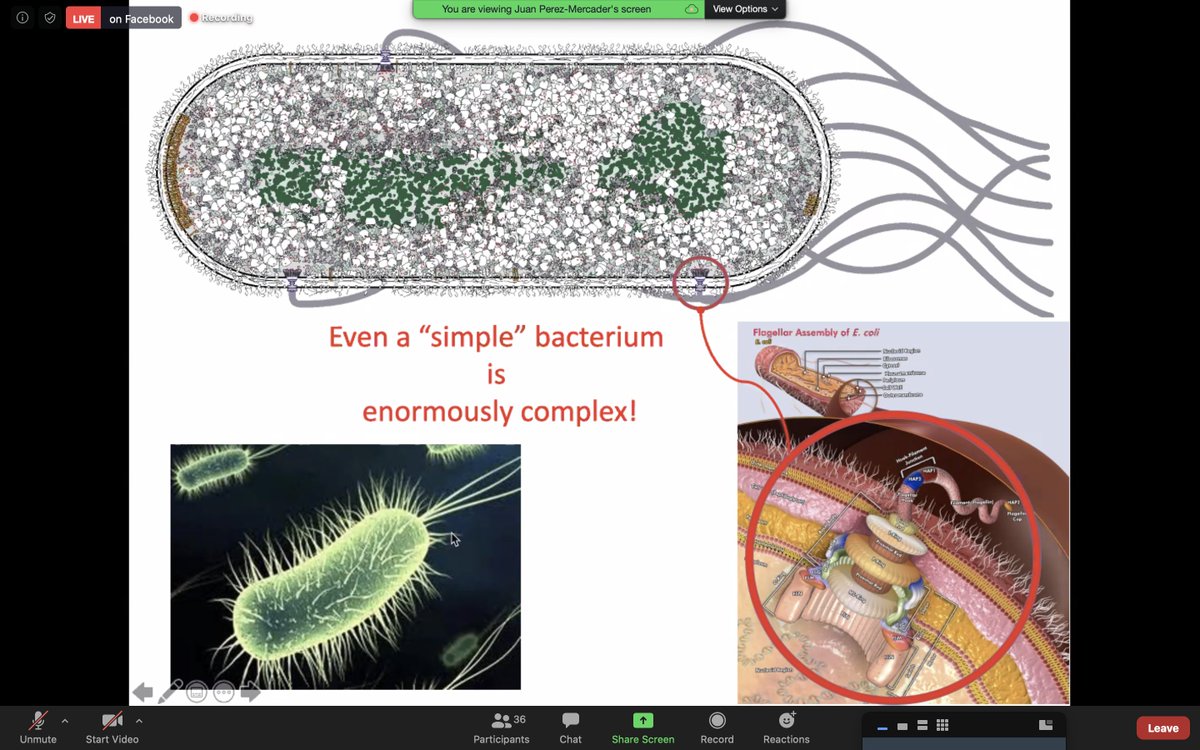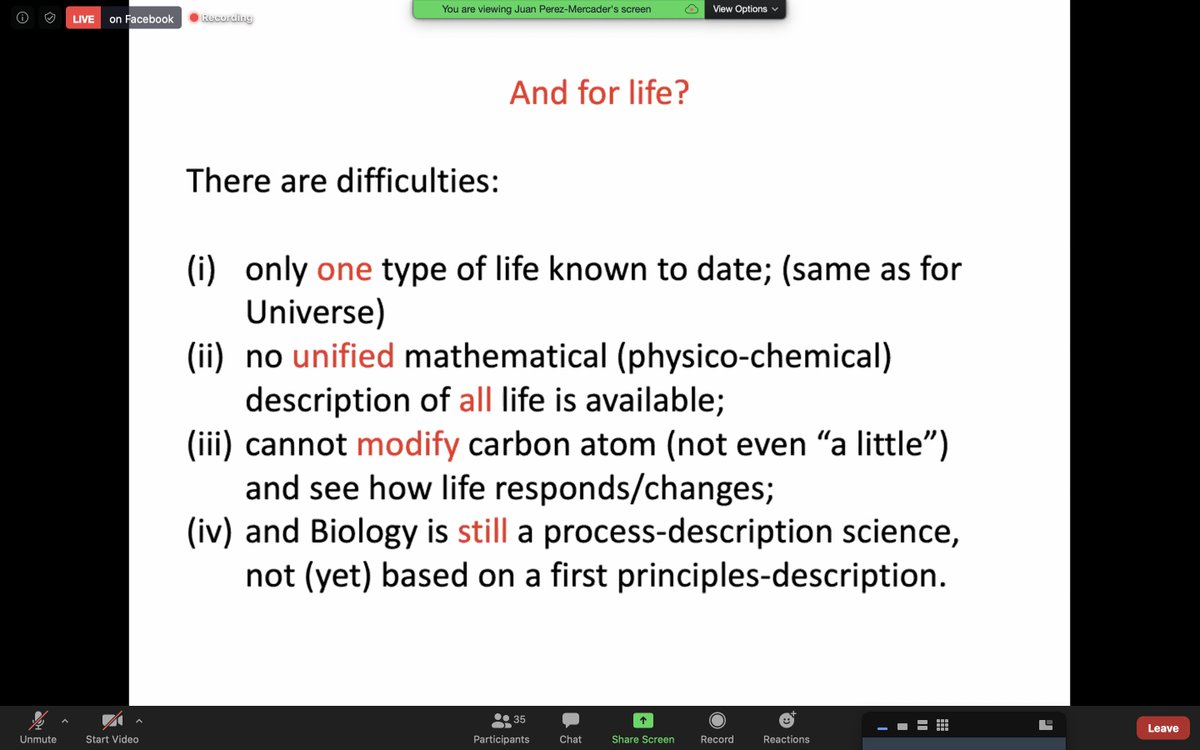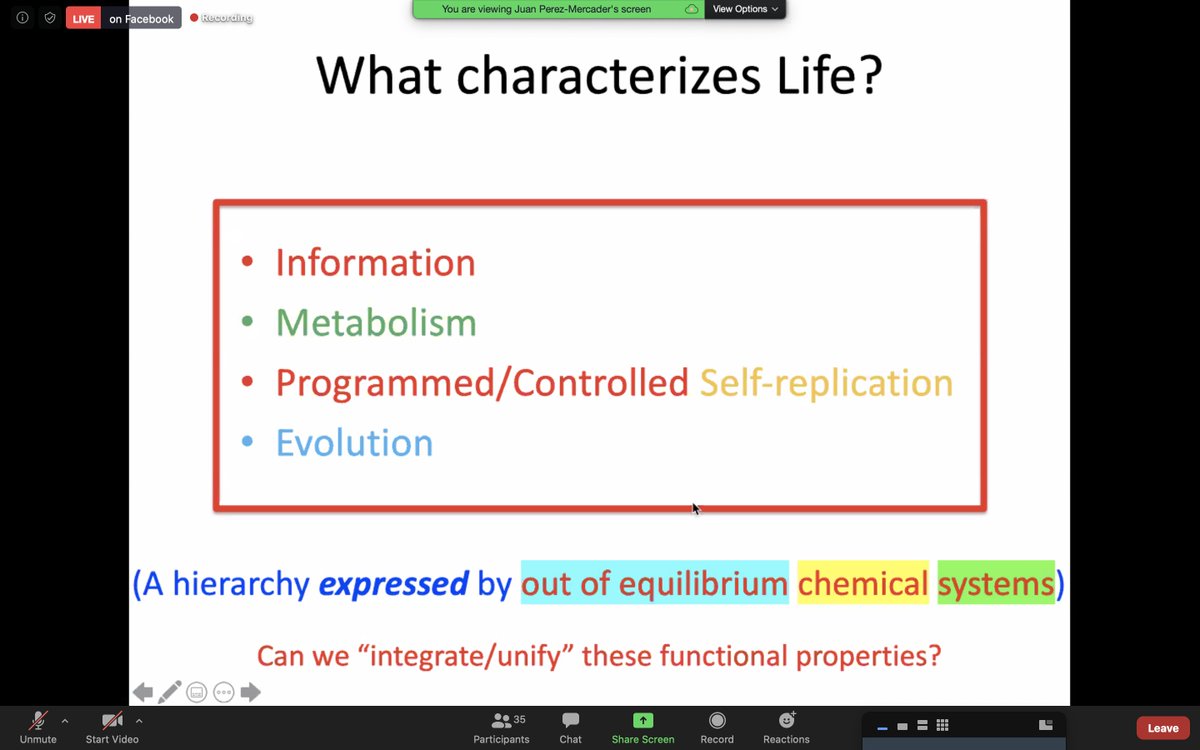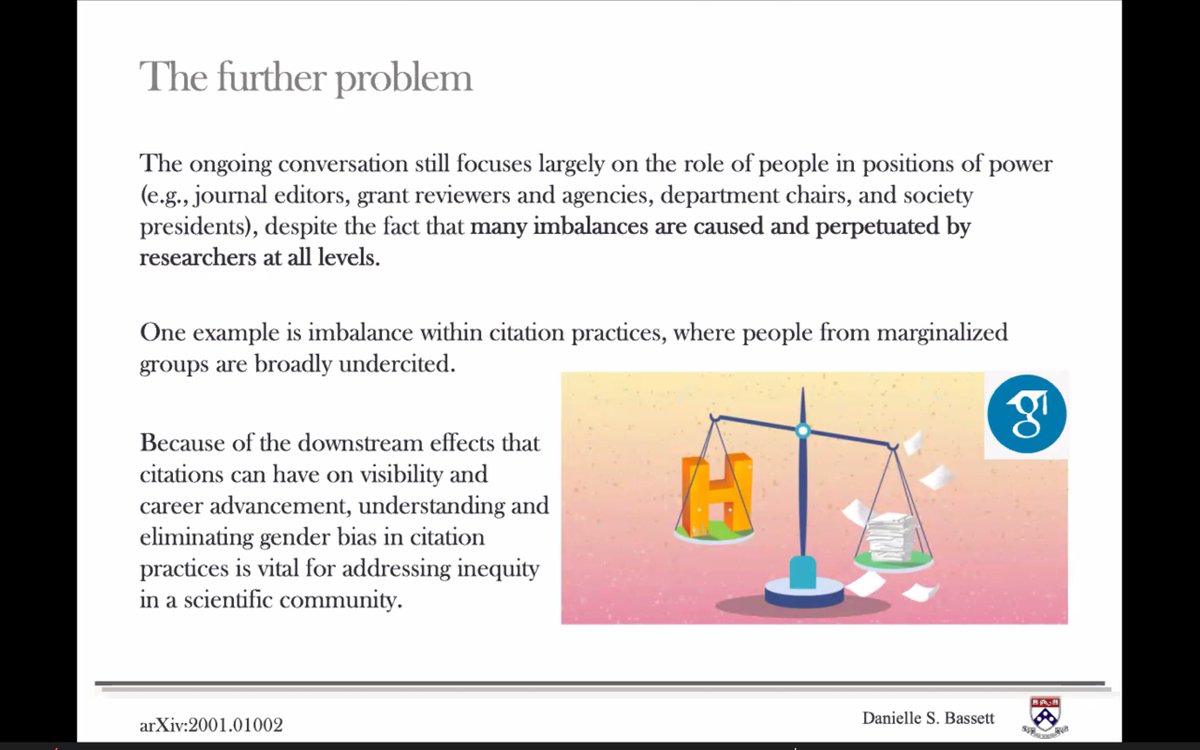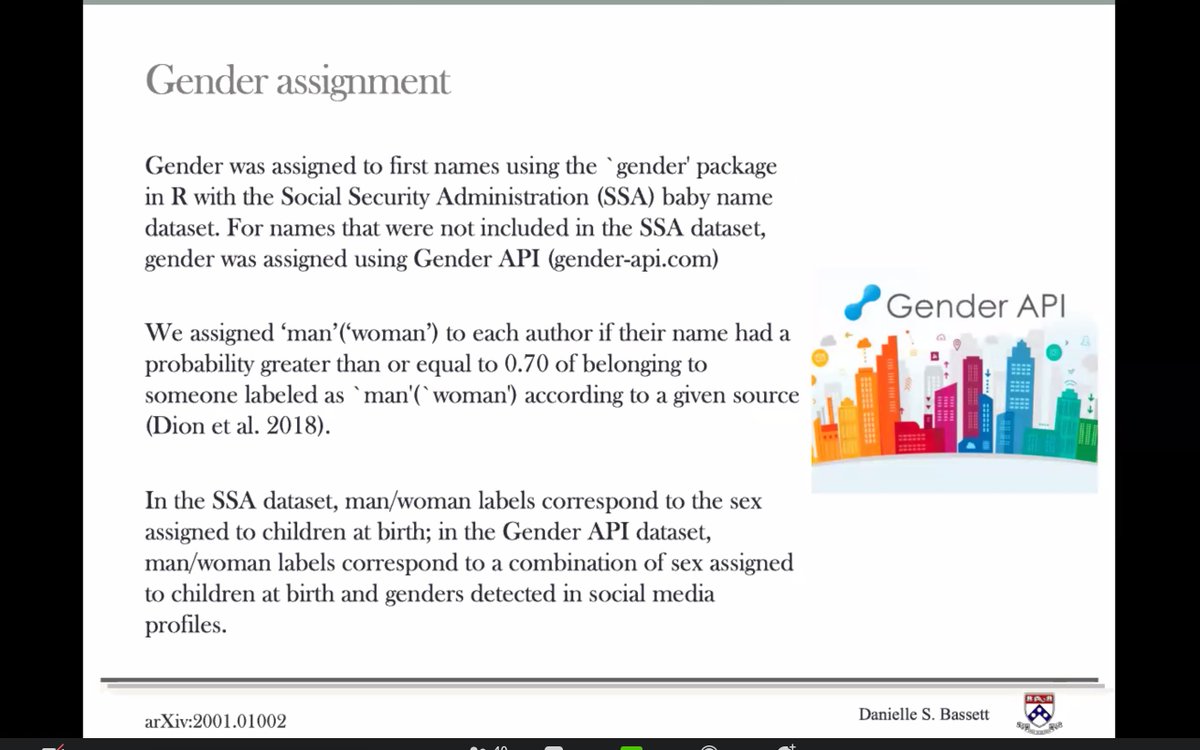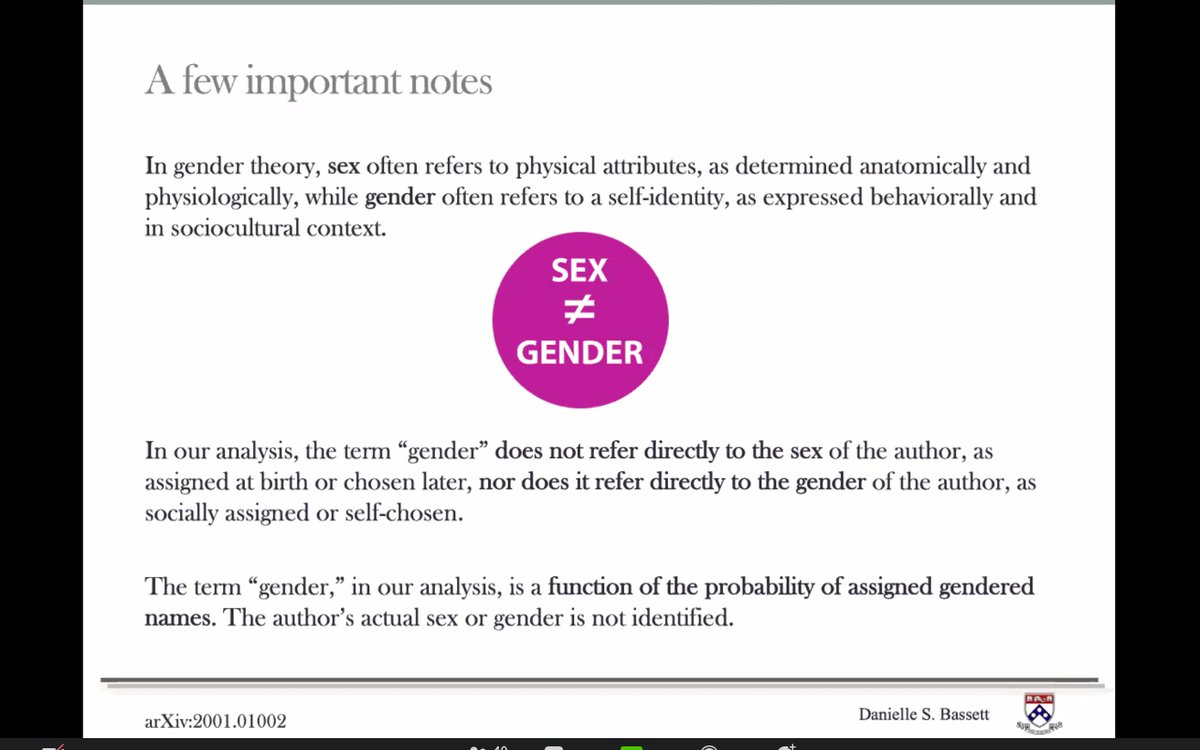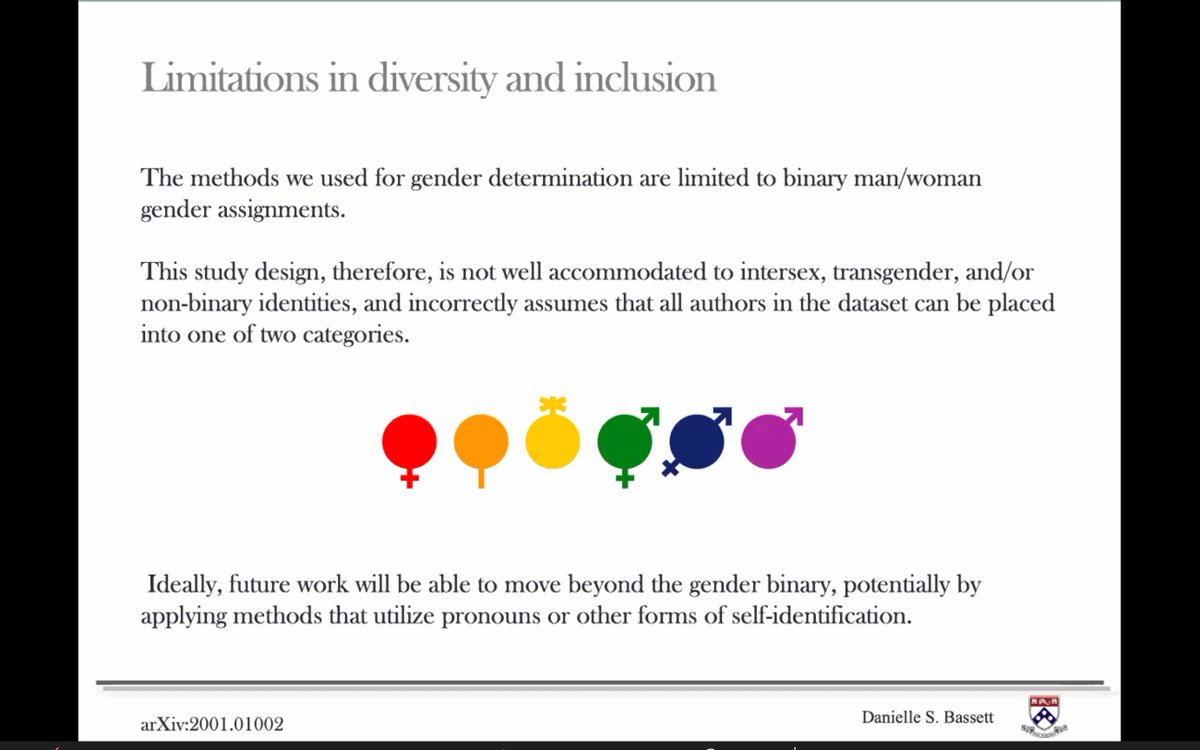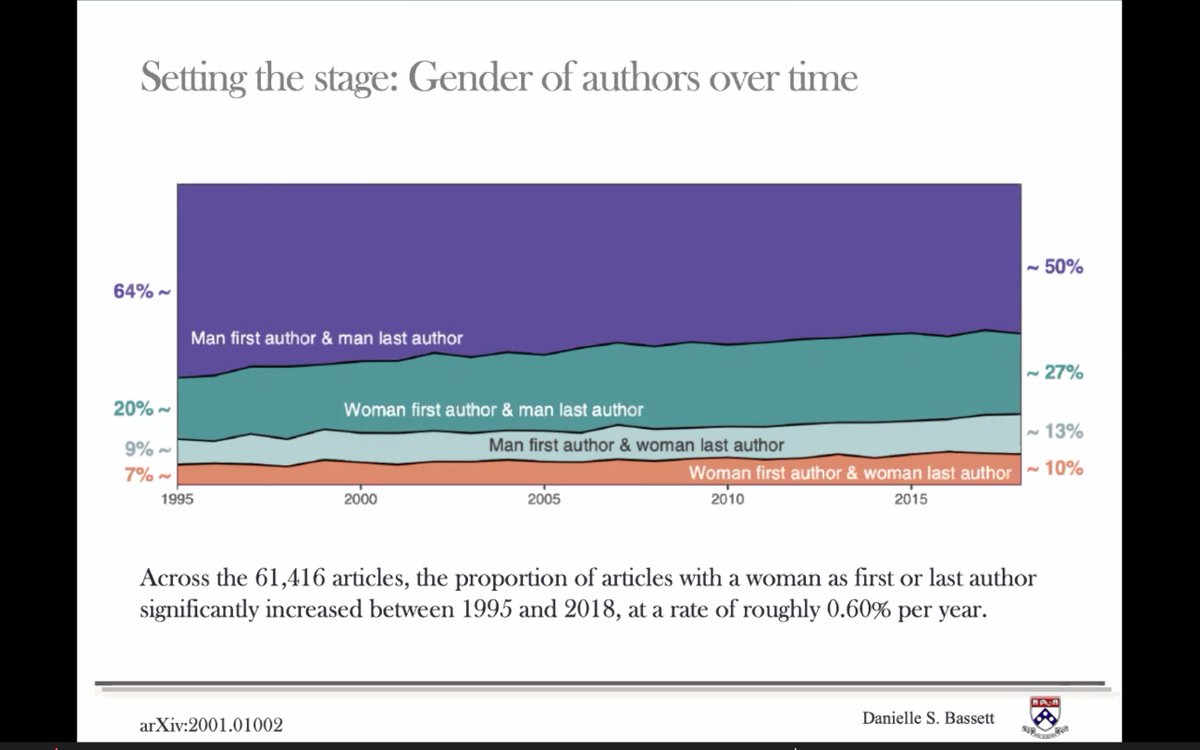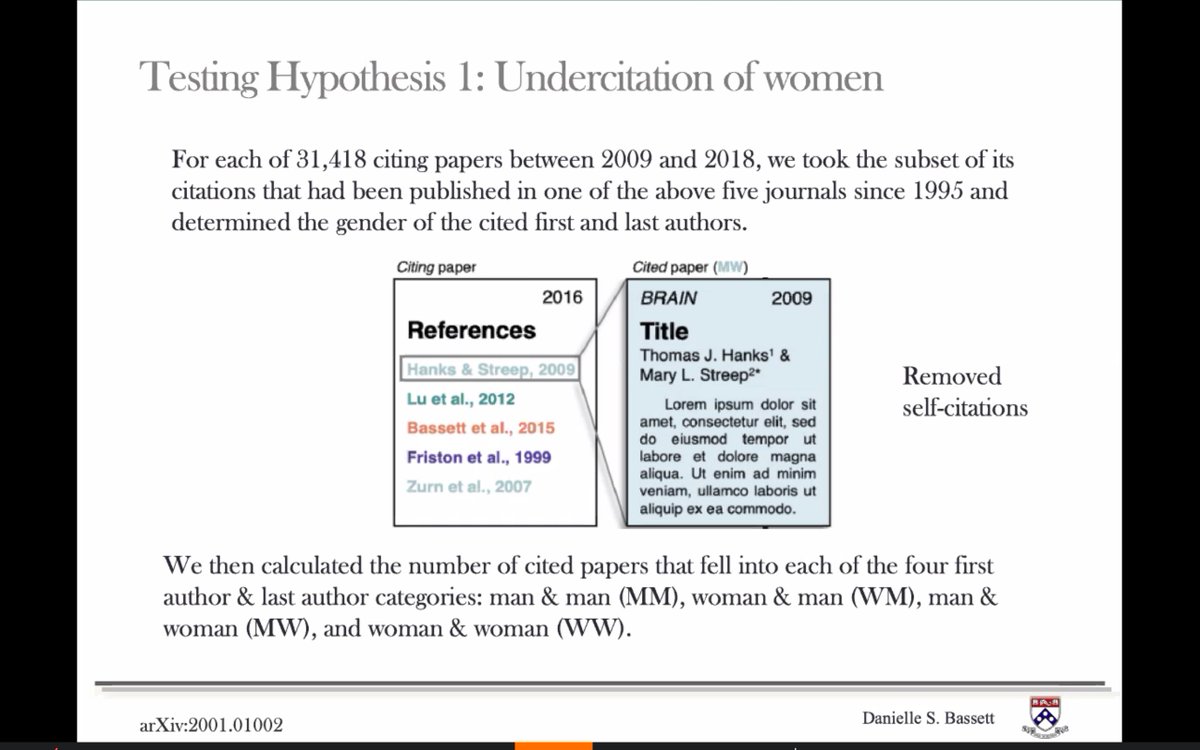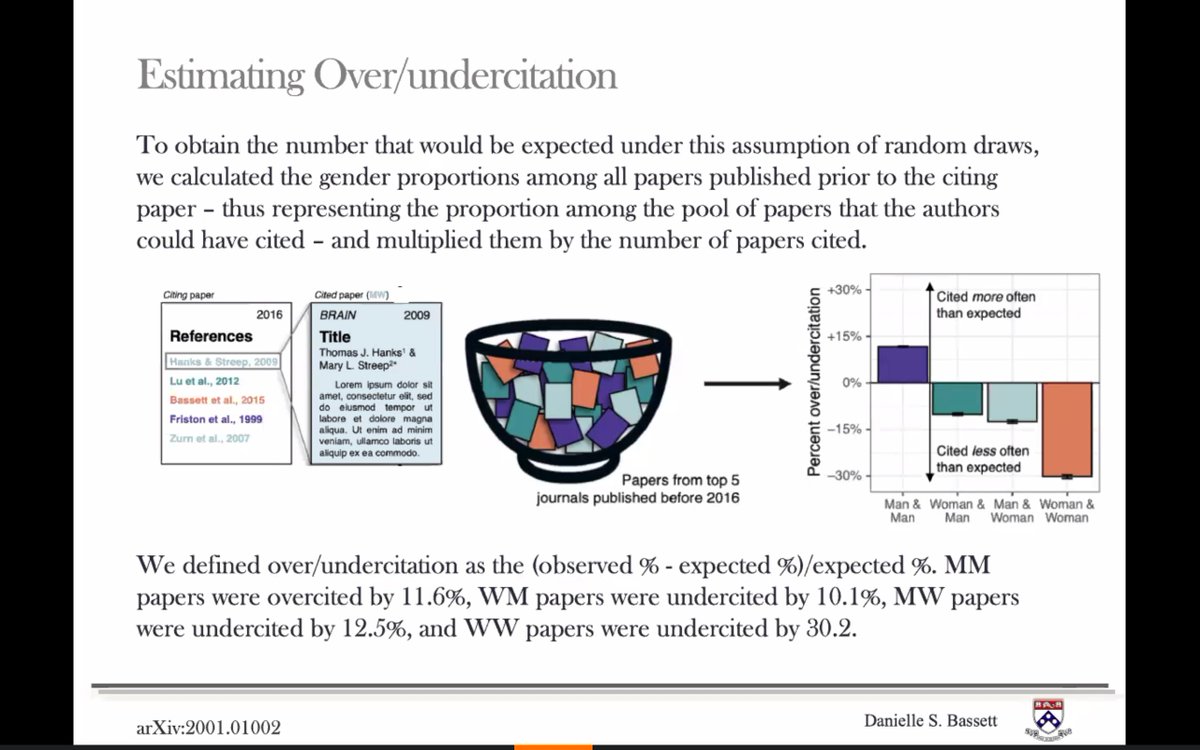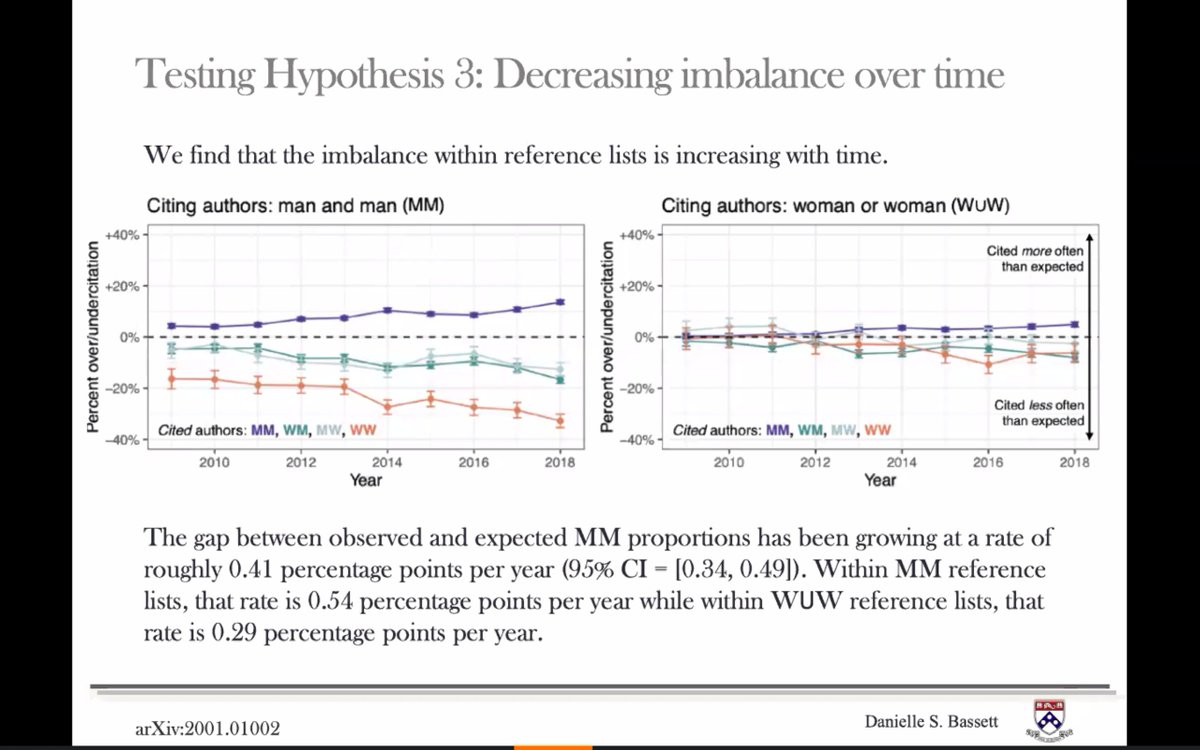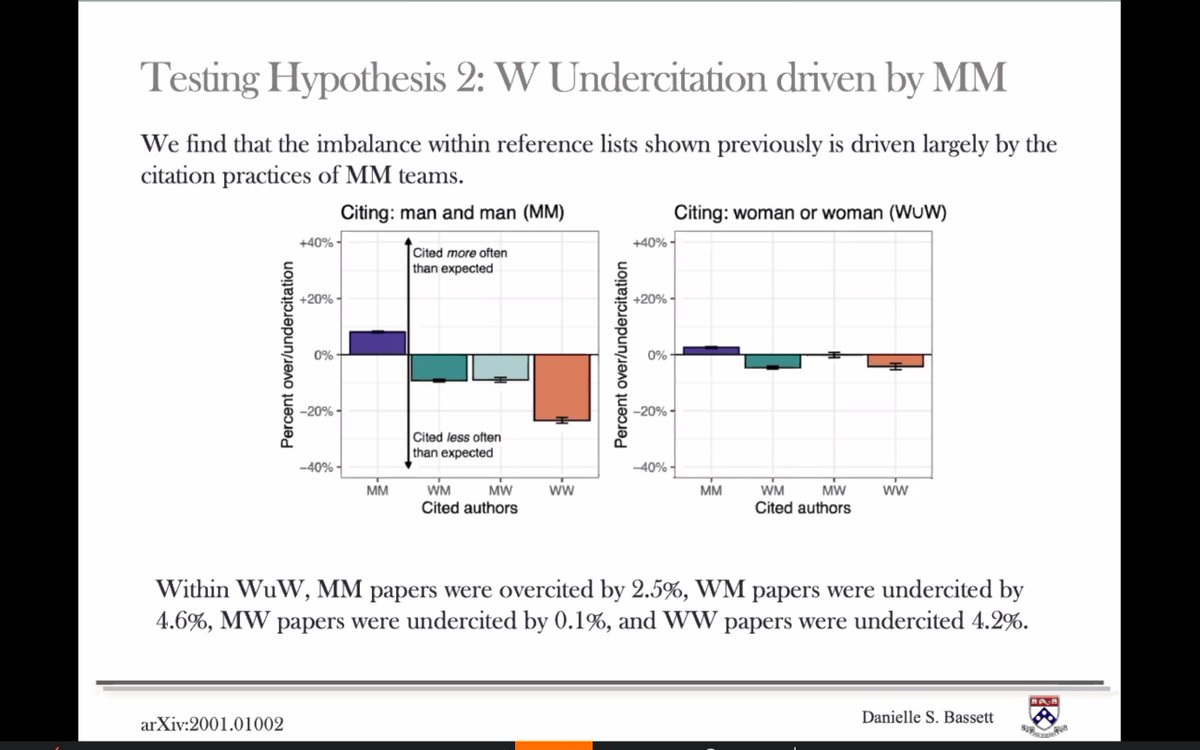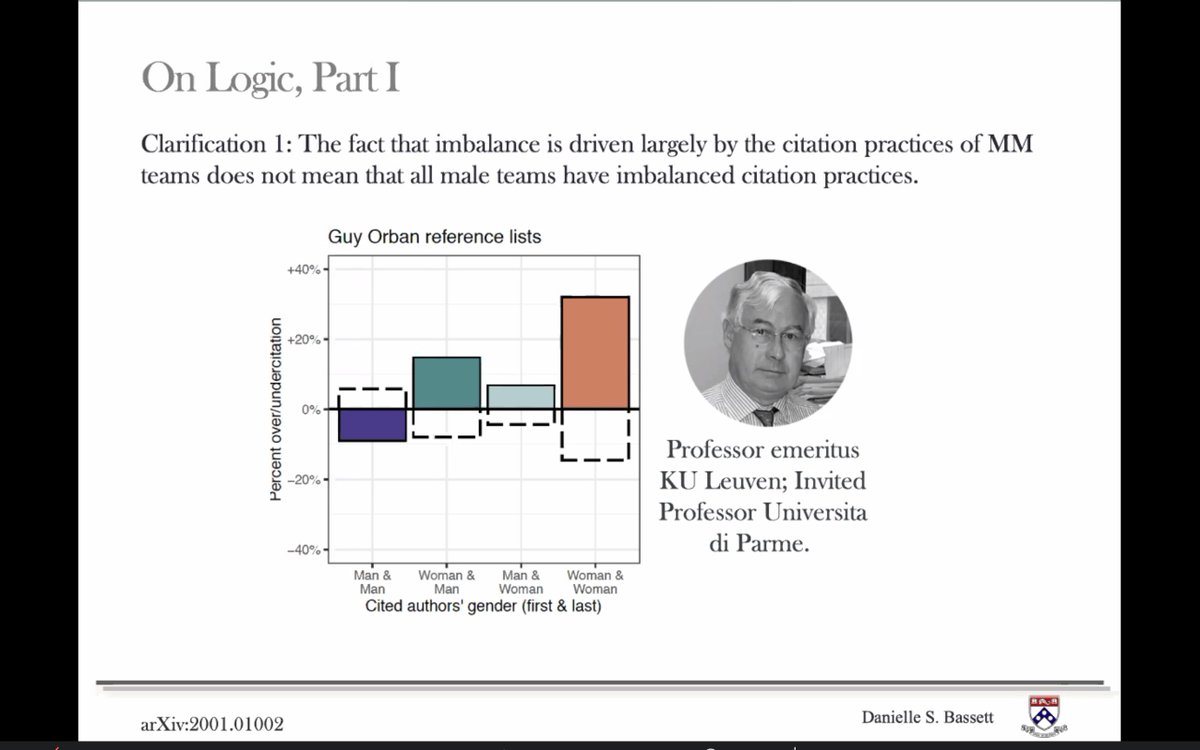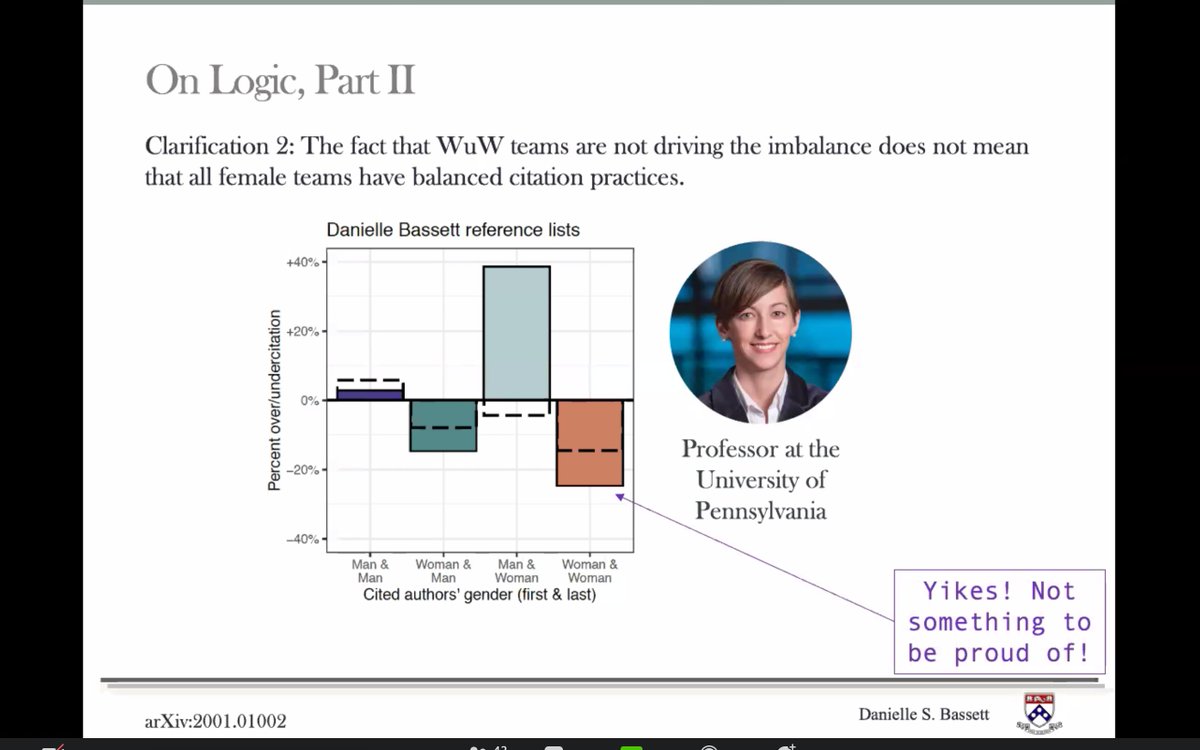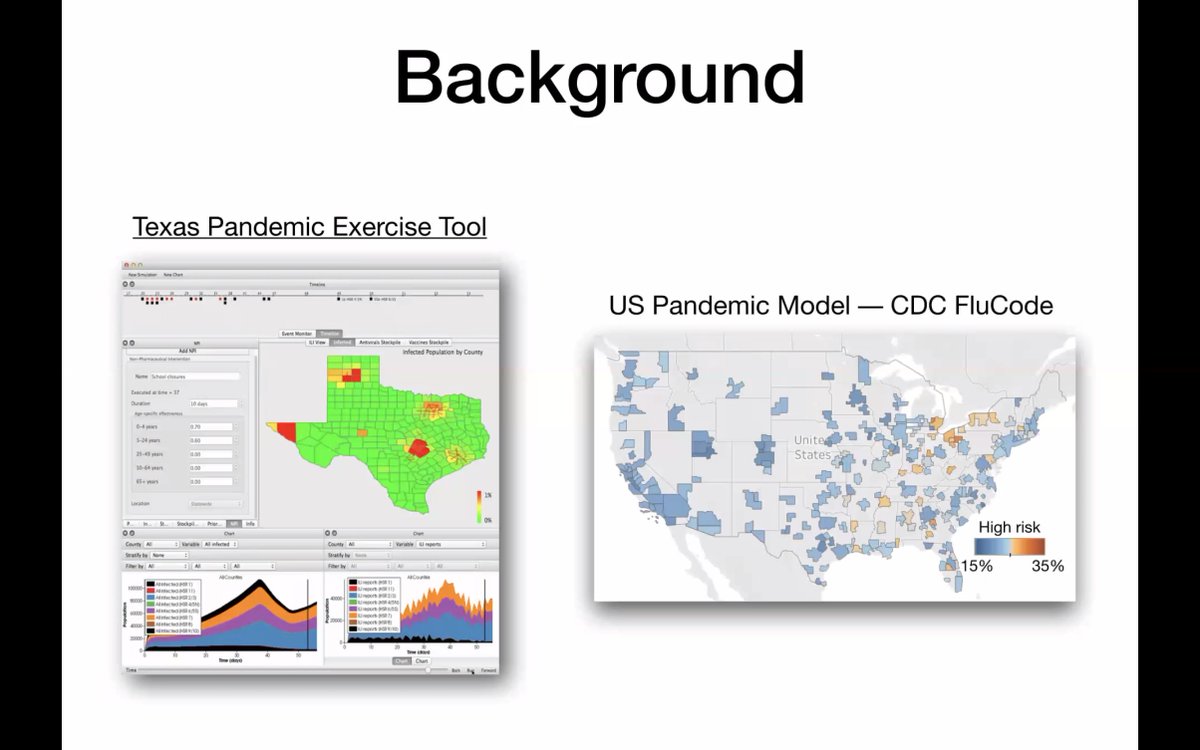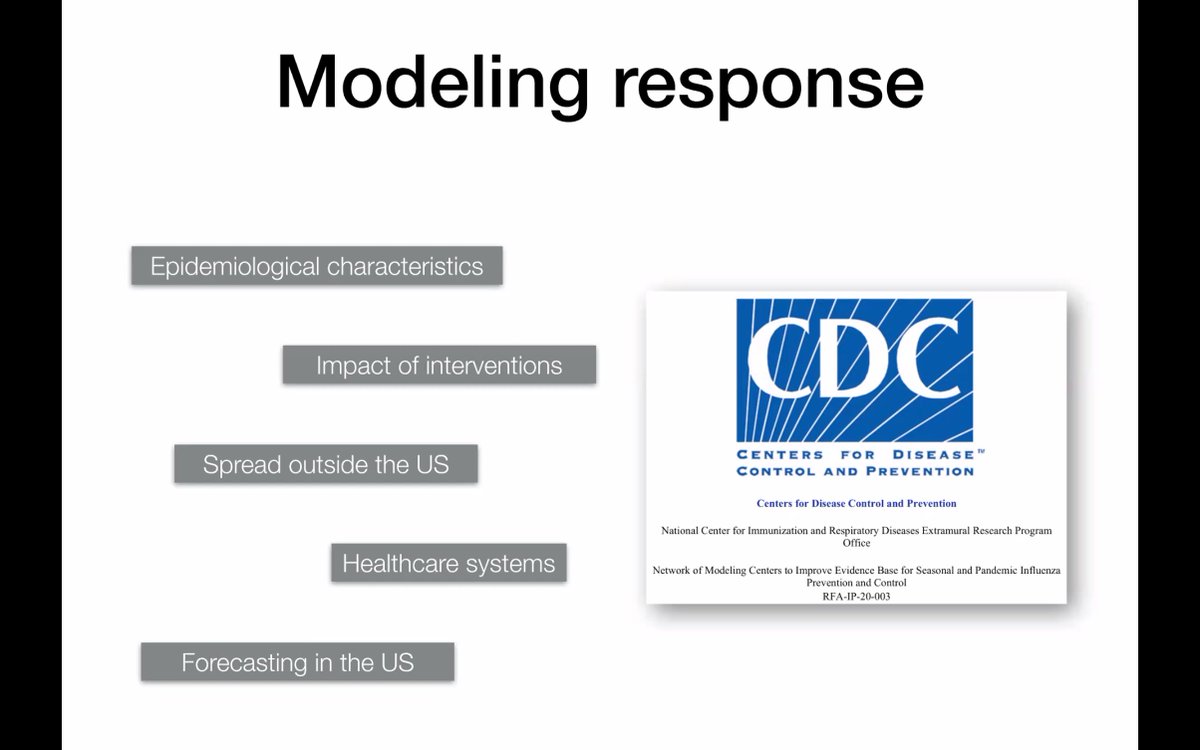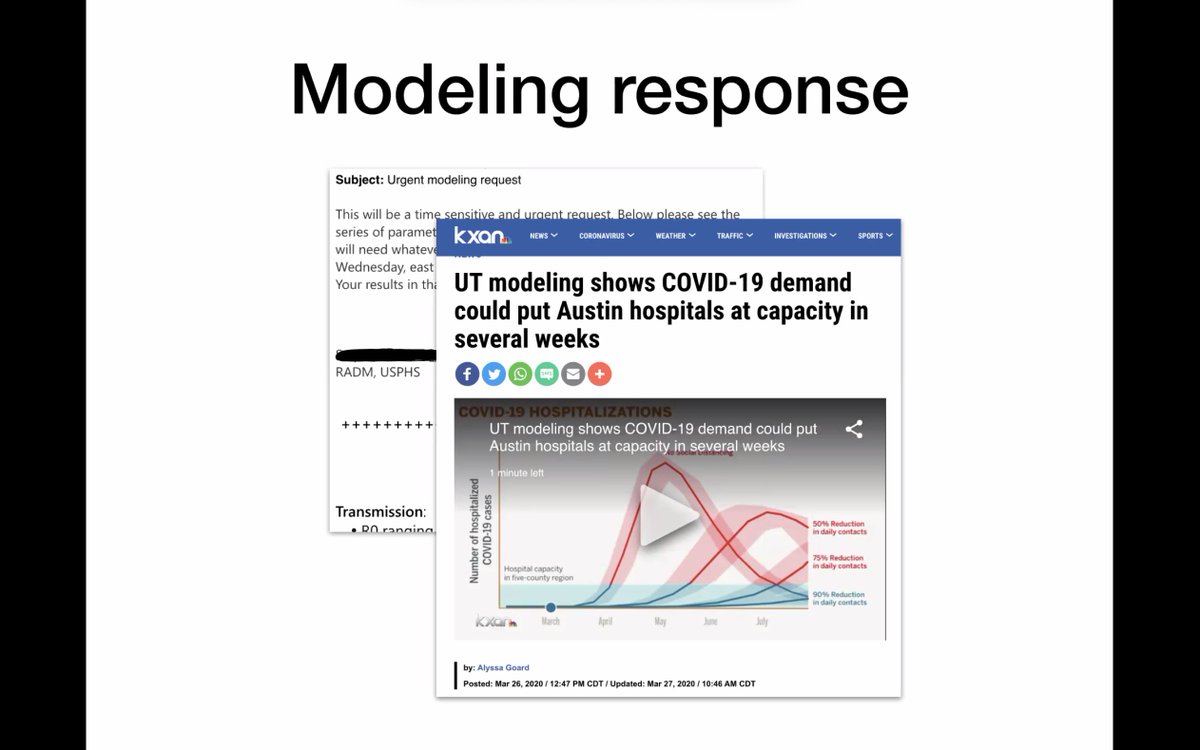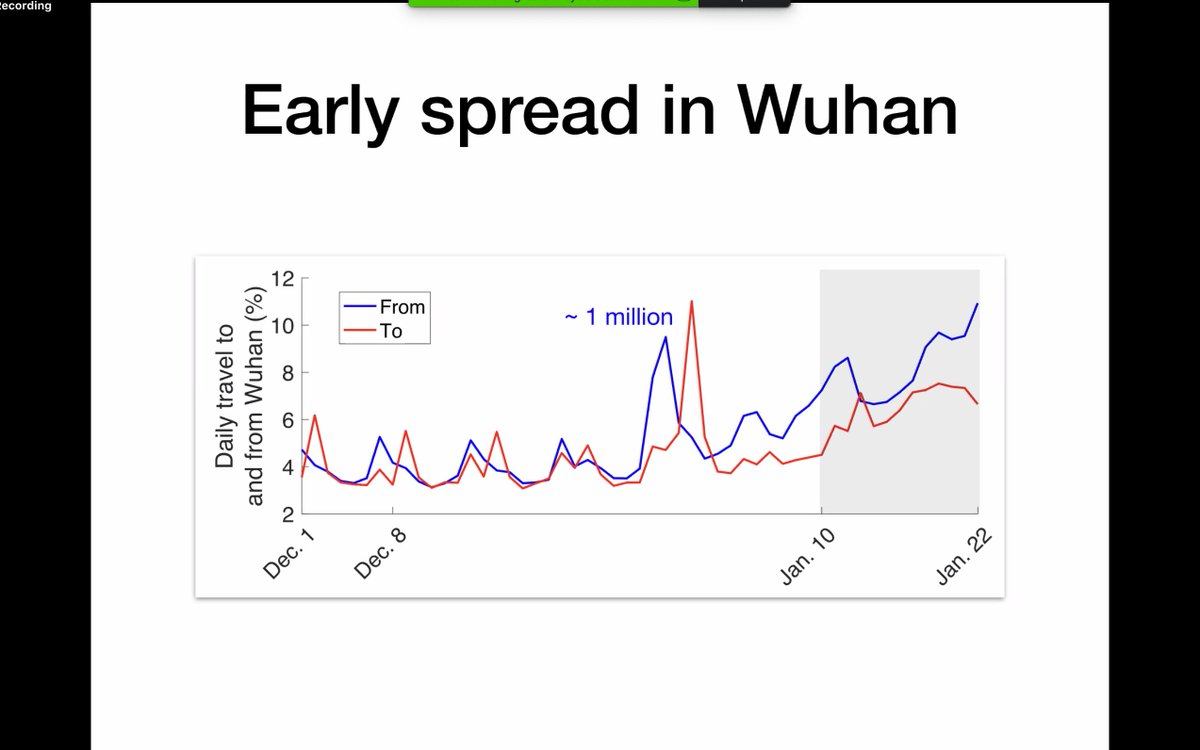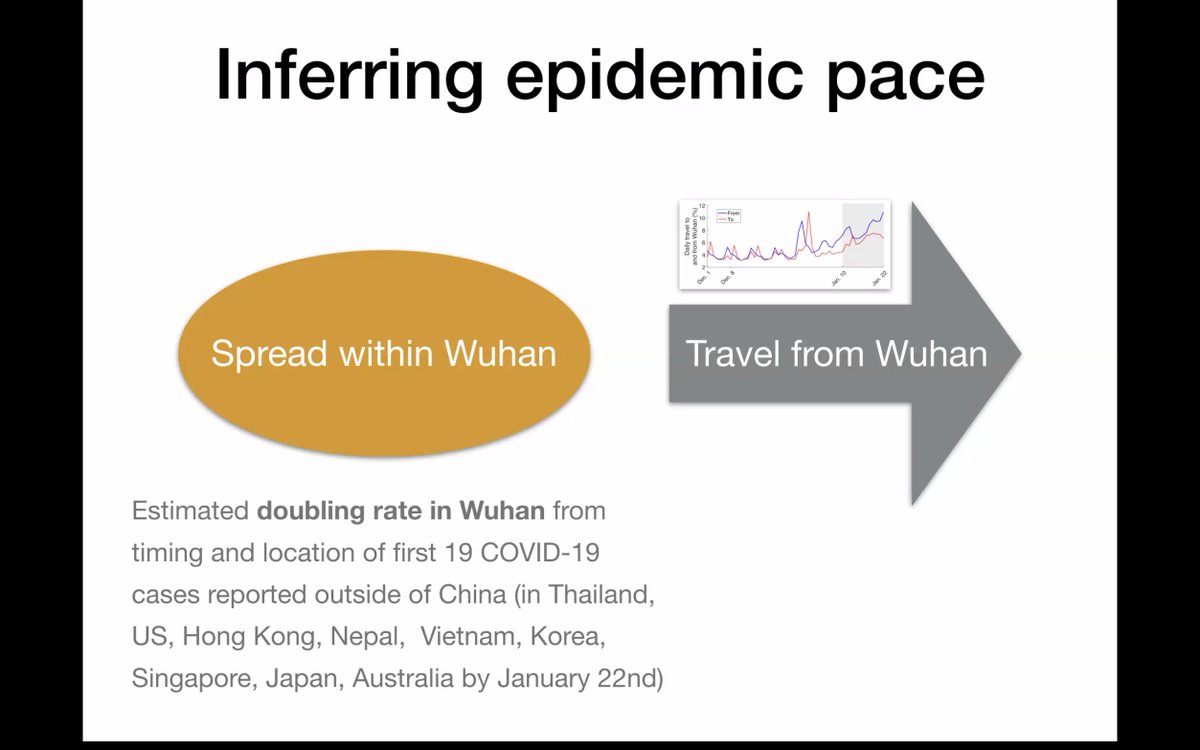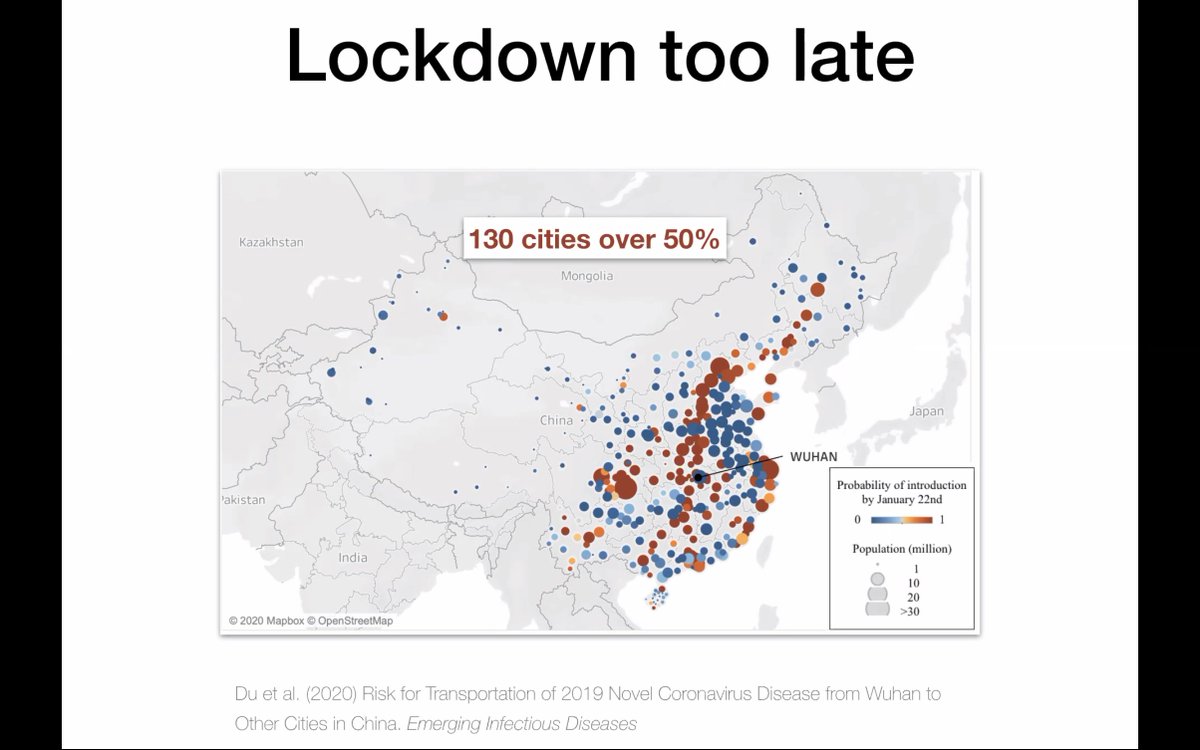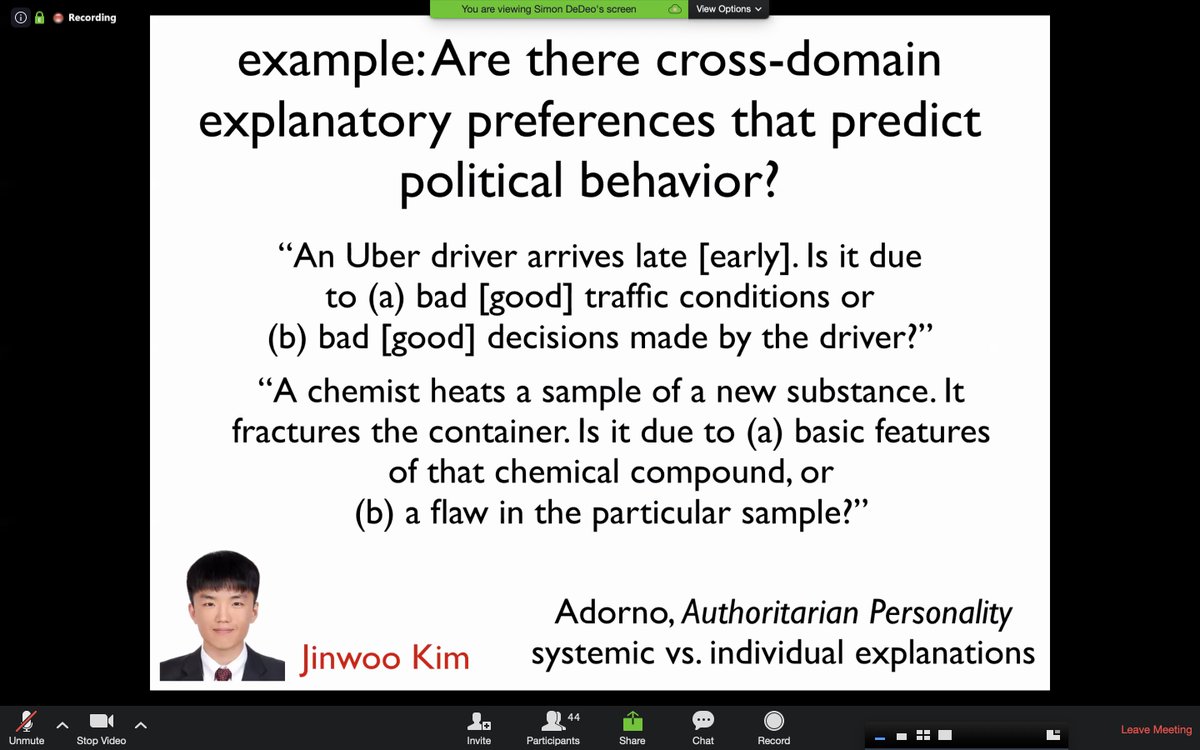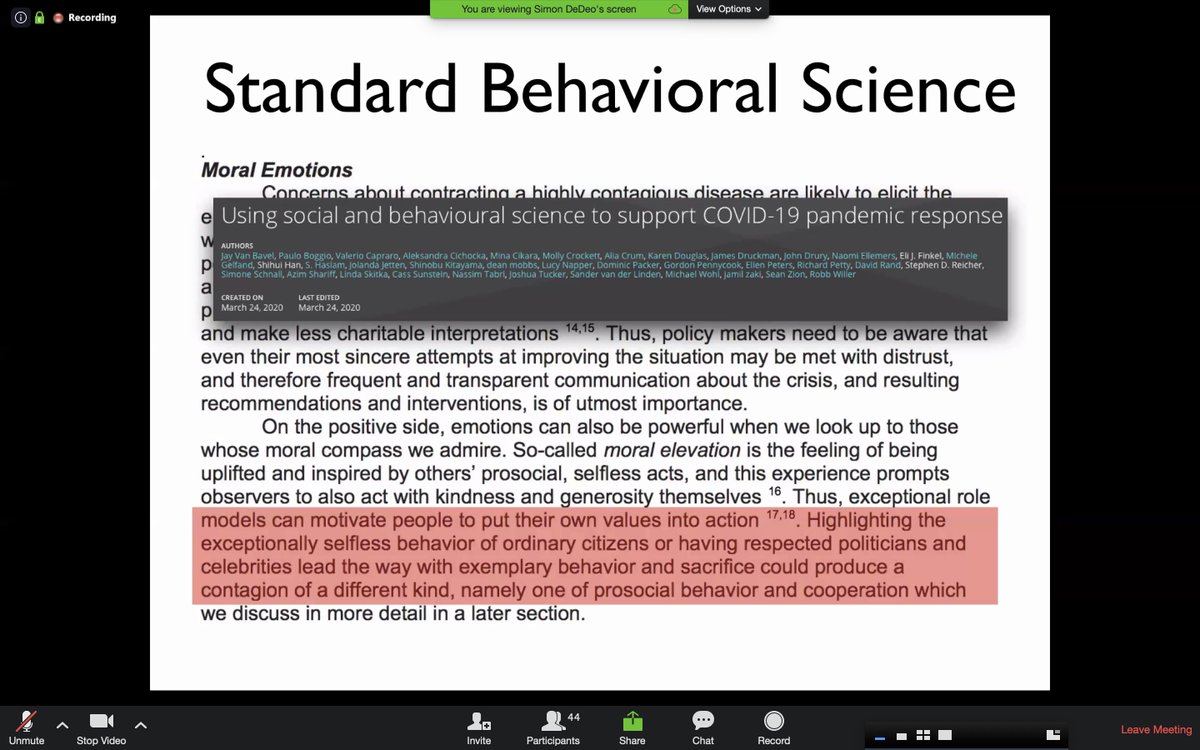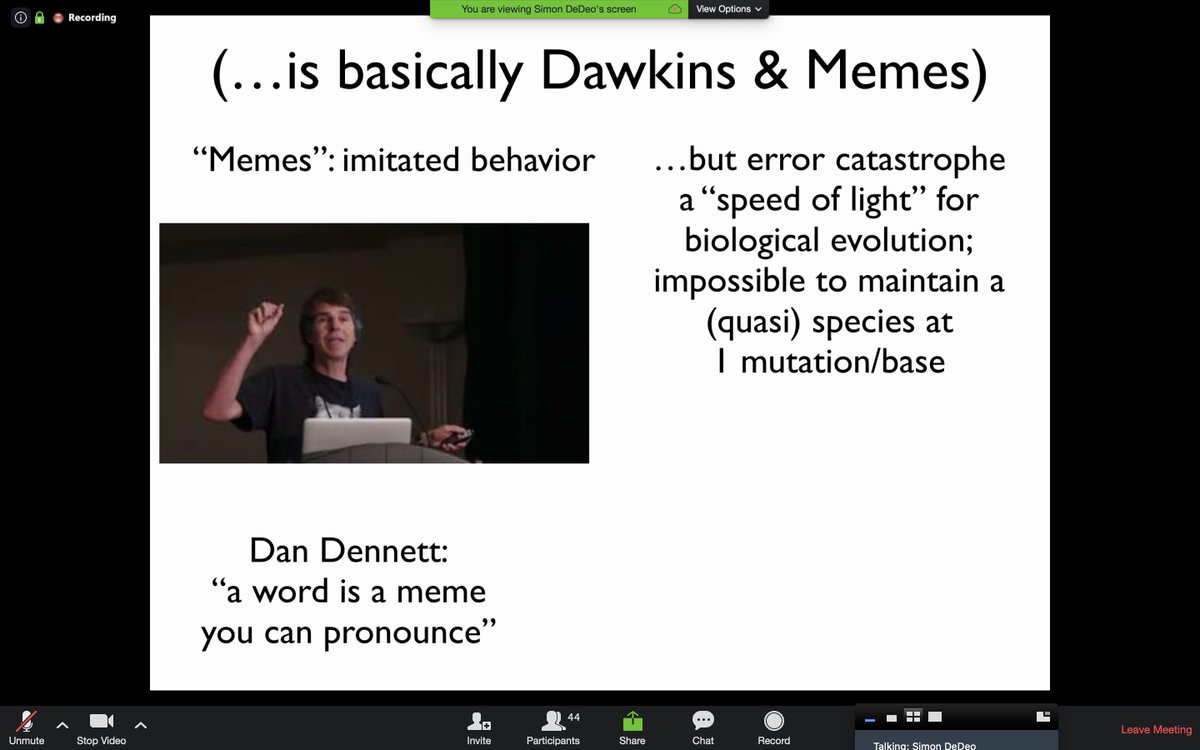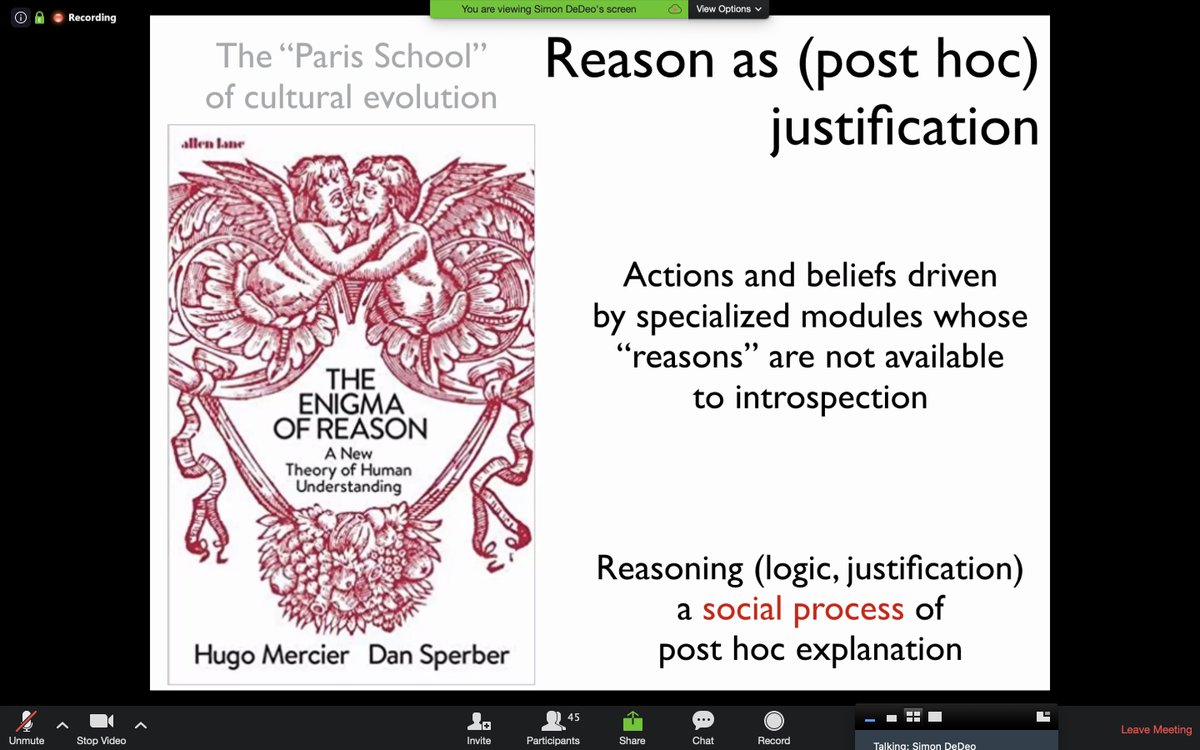
Today's talk is with neuroscientist #KarlFriston of @ucl, who will offer a heuristic proof suggesting that life is an inevitable emergent property of any weakly mixing random dynamical system that possesses a #Markov blanket.
Tune in here at 12:15 PM MT:
santafe.edu/events/me-and-…
Tune in here at 12:15 PM MT:
santafe.edu/events/me-and-…
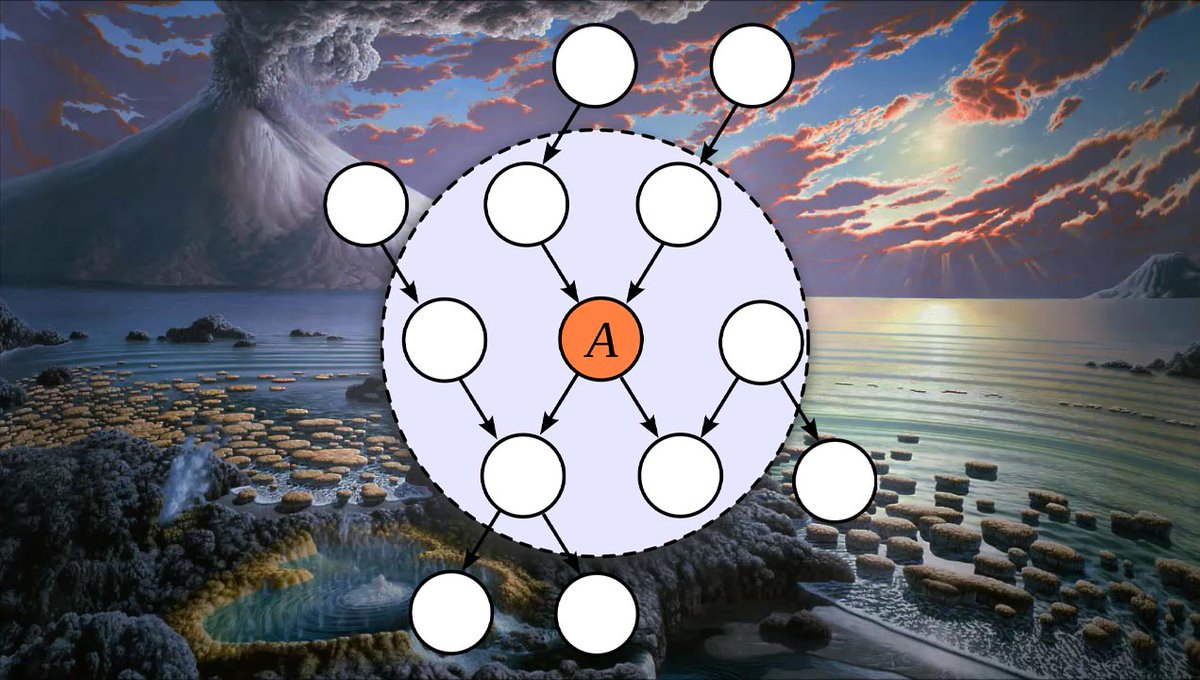
...and because it's 2020 and nothing is ever simple, we are having technical issues with the stream. The talk is recorded and we will upload it across all of our platforms ASAP. Our apologies!
Spatial boundaries are statistical boundaries: #KarlFriston on #MarkovBlankets, the reciprocal interfacing between internal and external states.
Follow this thread for more highlights from the talk and stay tuned for the video link...


Follow this thread for more highlights from the talk and stay tuned for the video link...
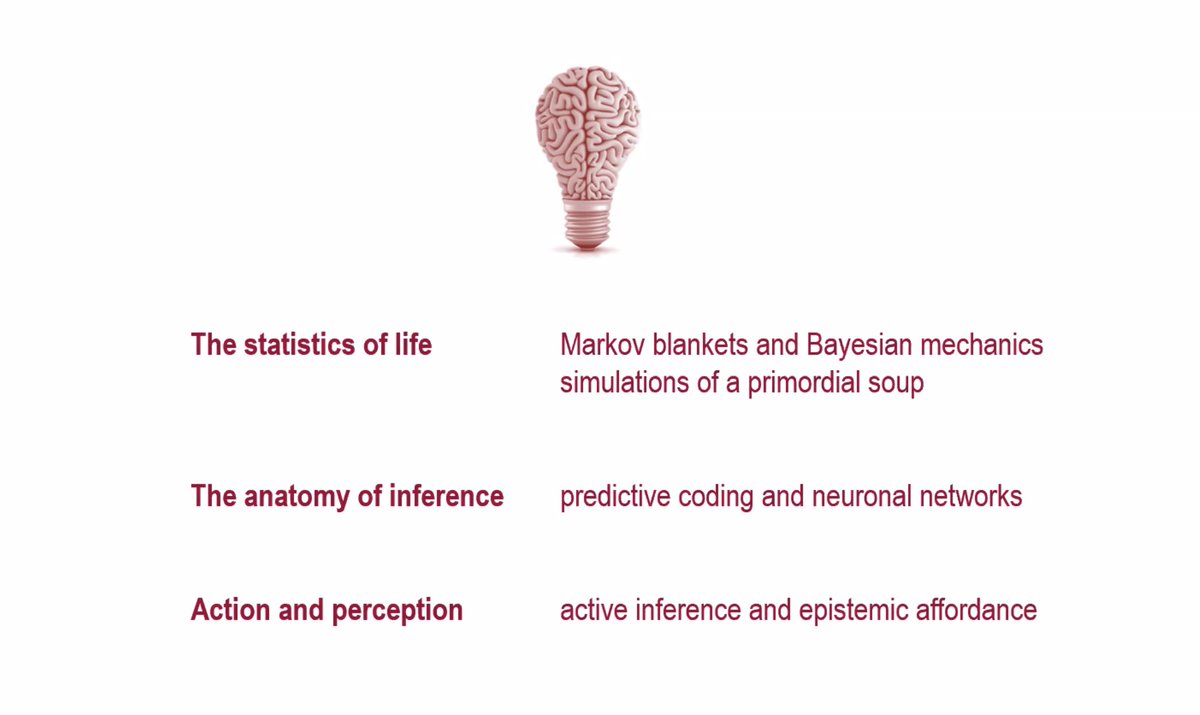
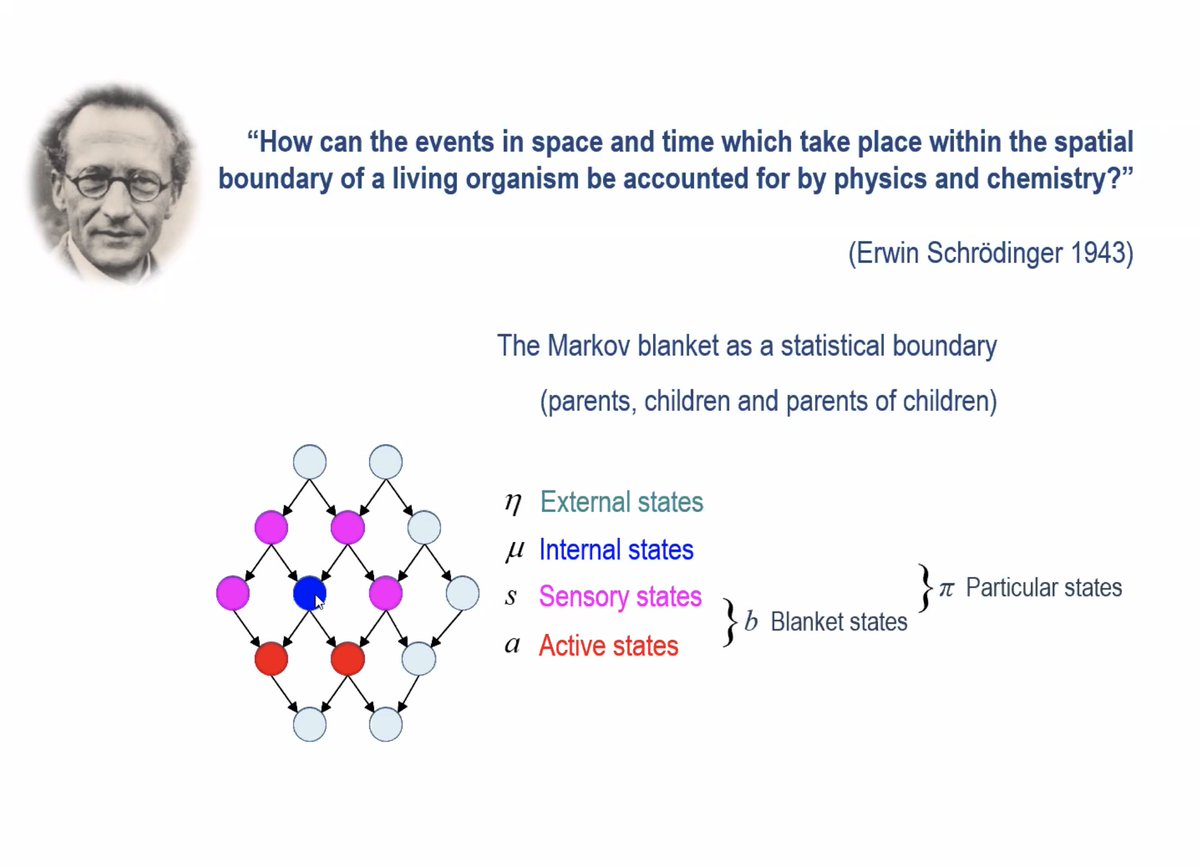
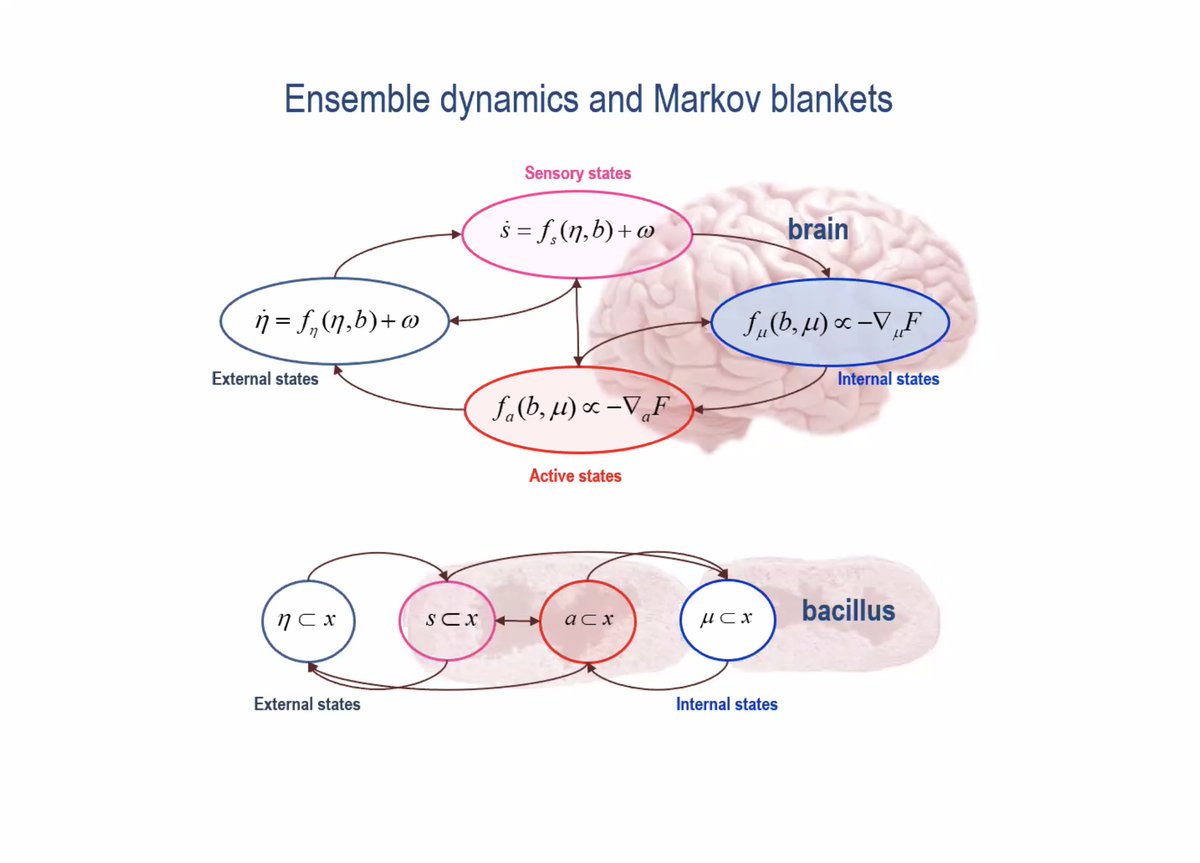
"If a system has an attracting set, we'd see a behavior where [a drop of ink] would gather together, as if it were UP a concentration gradient.
#KarlFriston on formalisms for the inevitable emergence of self-organizing biological processes, right now at SFI:


#KarlFriston on formalisms for the inevitable emergence of self-organizing biological processes, right now at SFI:


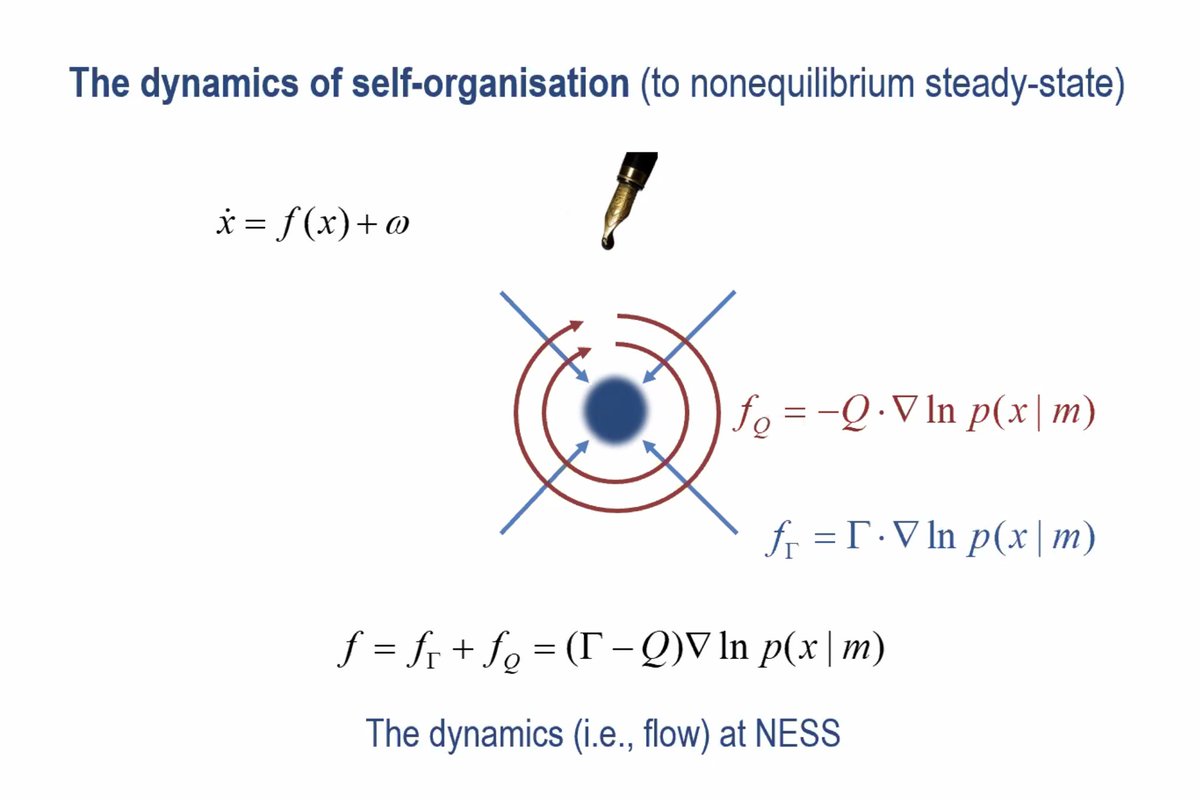
"It would look, if I were trying to minimize my expected #surprise, as if I were trying to minimize my #entropy."
#KarlFriston of @UCL on life as a #Bayesian process and an inevitable emergent property of a weakly interacting #MarkovBlanket.
Drop your questions in the thread...
#KarlFriston of @UCL on life as a #Bayesian process and an inevitable emergent property of a weakly interacting #MarkovBlanket.
Drop your questions in the thread...

"We're just talking about self-evidencing Lorenz Attractors as self-evidencing in a mindless way...in a moment it's going to get much more interesting. But in the sense of beliefs, these are not propositional beliefs. It's a very deflationary definition."
#KarlFriston of @UCL:

#KarlFriston of @UCL:
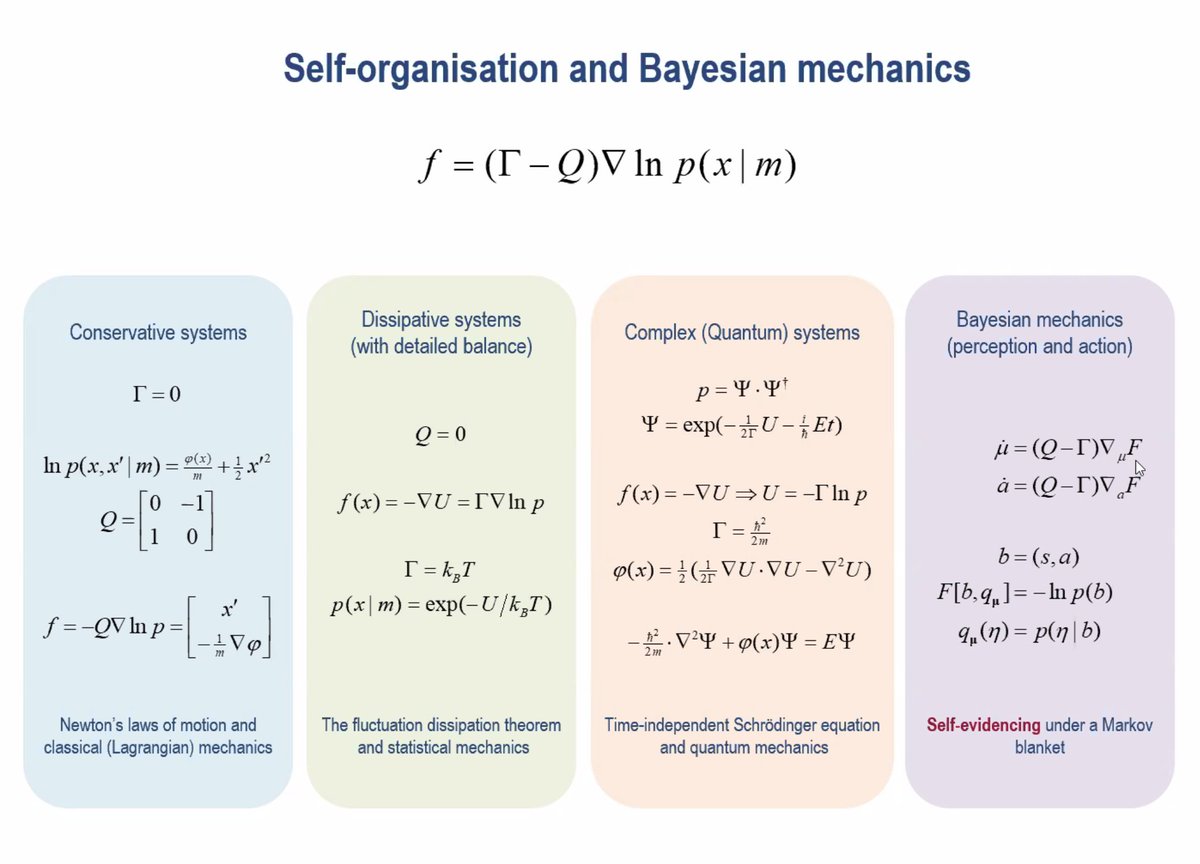
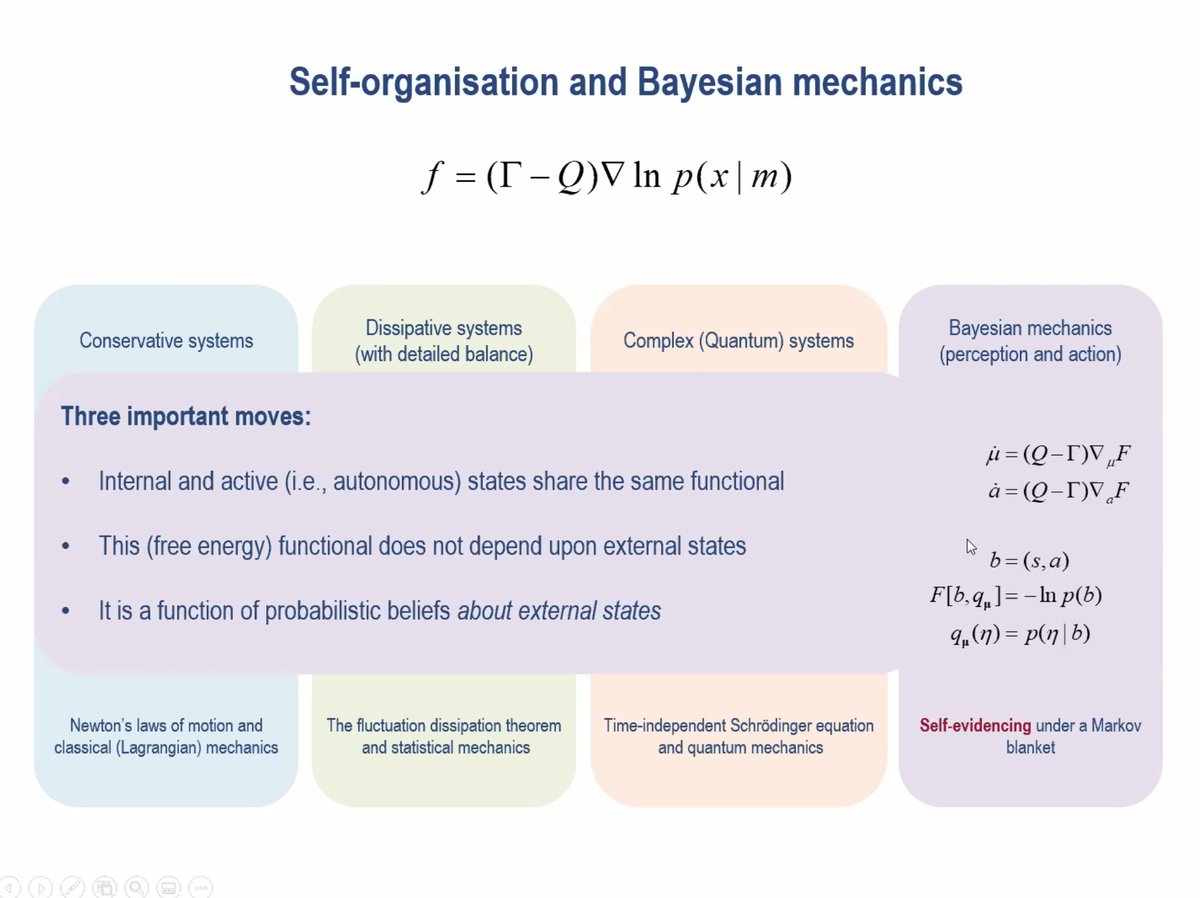
"Heuristically, what we can now do is ask, do internal states appear to infer the cause of their sensory states based on this gradient flow [into an attractor]?"
#KarlFriston speaking on the #PrimordialSoup & #Bayesianism at SFI now.
Drop your questions in the thread below:



#KarlFriston speaking on the #PrimordialSoup & #Bayesianism at SFI now.
Drop your questions in the thread below:




"The external states are also making their inferences and learning about you...I would normally speak about this as the #Bayesian #brain predicting and being predicted by the outside world."
#KarlFriston of @UCL speaking at SFI now — stay tuned for links to the full video...



#KarlFriston of @UCL speaking at SFI now — stay tuned for links to the full video...




"It looks as if your job is to infer the causes out there that made these impressions on your sensory blanket."
#KarlFriston on the underlying unity of #evolution as a process of self-organization and #intelligence as a process of #Bayesian inference:

#KarlFriston on the underlying unity of #evolution as a process of self-organization and #intelligence as a process of #Bayesian inference:


"The actual cause of your sensations you will never know. They are on the other side of your #MarkovBlanket."
#KarlFriston of @UCL on the mathematical formalisms supporting a true ontological #Other while also arguing for the inevitability of biological self-organization:


#KarlFriston of @UCL on the mathematical formalisms supporting a true ontological #Other while also arguing for the inevitability of biological self-organization:


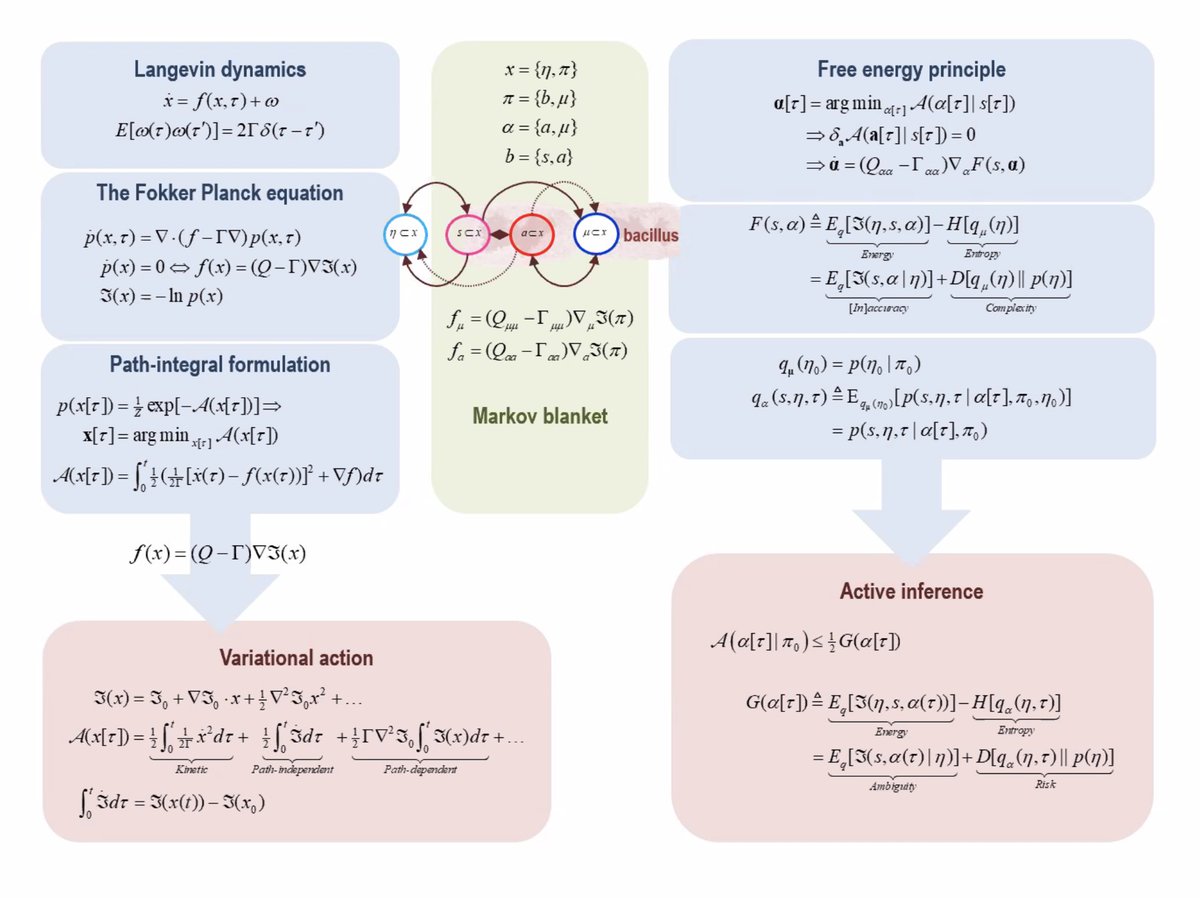
Subscribe to our YouTube channel to be notified when this talk is available to watch:
youtube.com/user/santafein…
youtube.com/user/santafein…
• • •
Missing some Tweet in this thread? You can try to
force a refresh

